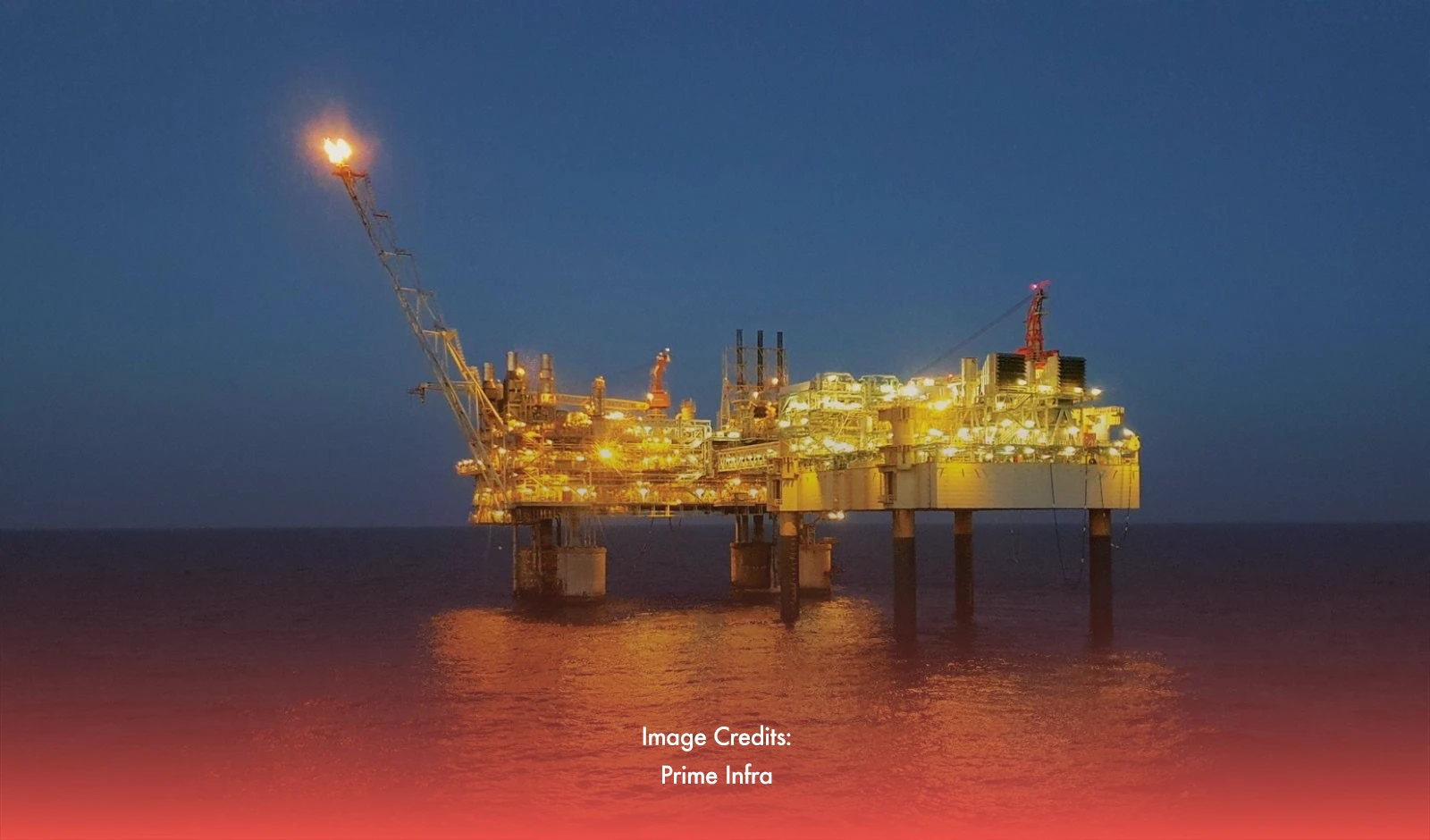The Philippines took a significant step toward enhancing its energy security with the signing of Republic Act No. 12120 on January 8, 2025. The new law aims to strengthen the country’s natural gas sector, positioning it as a reliable, cost-effective, and environmentally friendly energy source. The legislation establishes the Philippine Downstream Natural Gas Industry (PDNGI) and sets the framework for expanding natural gas usage across various sectors.
Strengthening Energy Security
The primary objective of the new law is to promote natural gas as a key fuel for power generation. By utilizing both indigenous natural gas and imported liquefied natural gas (LNG), the country can reduce its reliance on more polluting energy sources like coal and oil. This shift will not only help stabilize energy prices but also enhance energy security by diversifying the nation’s energy supply. The Department of Energy (DOE) will oversee this transition and regulate the development of the PDNGI.
Transitioning Fossil-Fuel Facilities to Natural Gas
A significant aspect of the law is the encouragement of converting existing fossil-fuel infrastructure to natural gas. Facilities currently operating on coal or oil can switch to natural gas, provided it is technically and financially viable. This move is expected to lower carbon emissions, improve air quality, and reduce energy costs for industries.
Expanding Natural Gas Usage Across Sectors
The law also aims to broaden the application of natural gas beyond power generation. It encourages the use of natural gas in residential, commercial, industrial, and transport sectors. This shift is intended to reduce dependence on more expensive and polluting fuels like diesel and gasoline, contributing to fuel diversification and a cleaner, more sustainable energy landscape.








